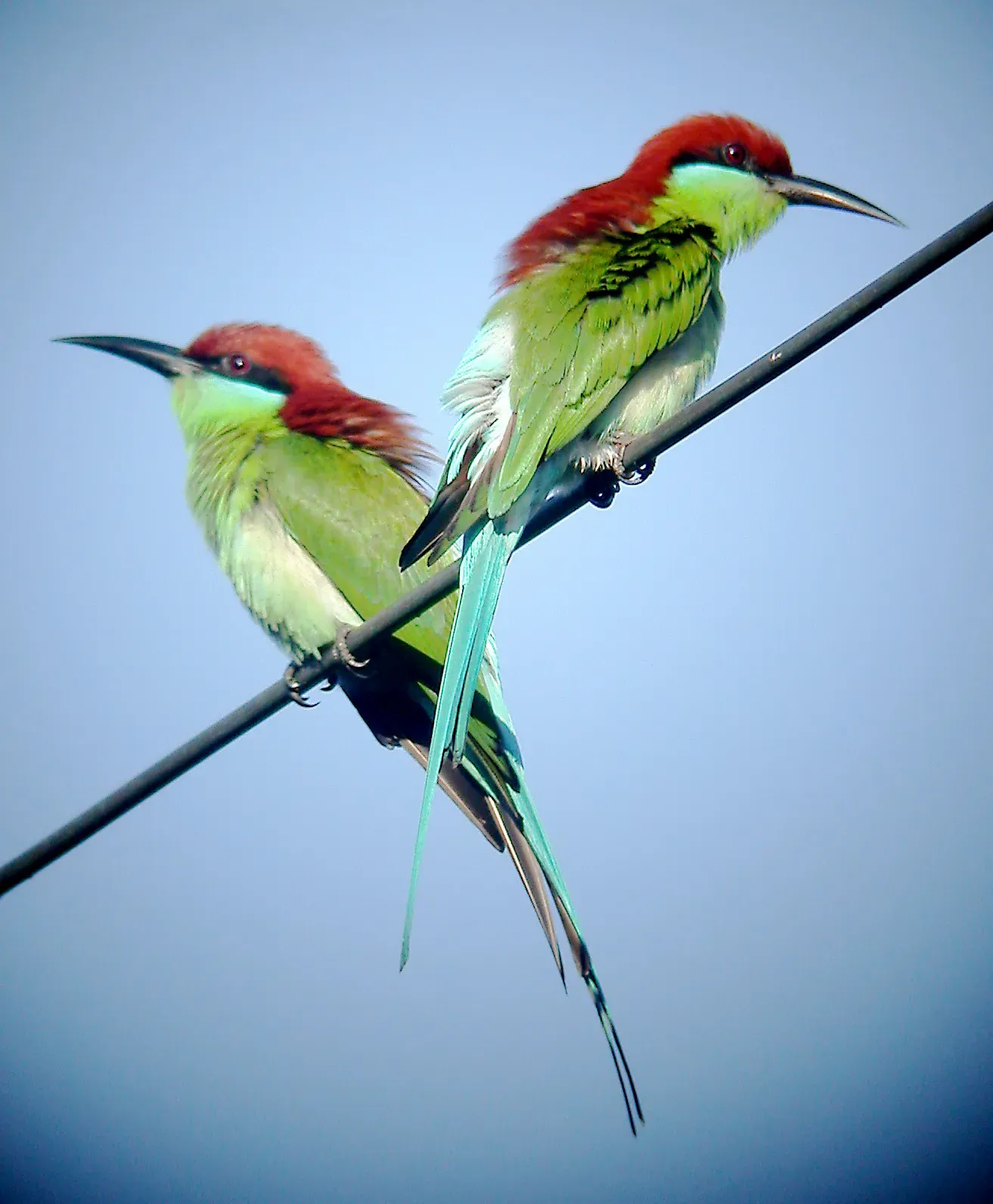
Rufous-crowned Bee-eater
Rufous-crowned Bee-eater
Where to spot
How to spot
When to spot
Spotted
No recently spotted birds

No recently spotted birds
Use the overview or use the following methods directly: